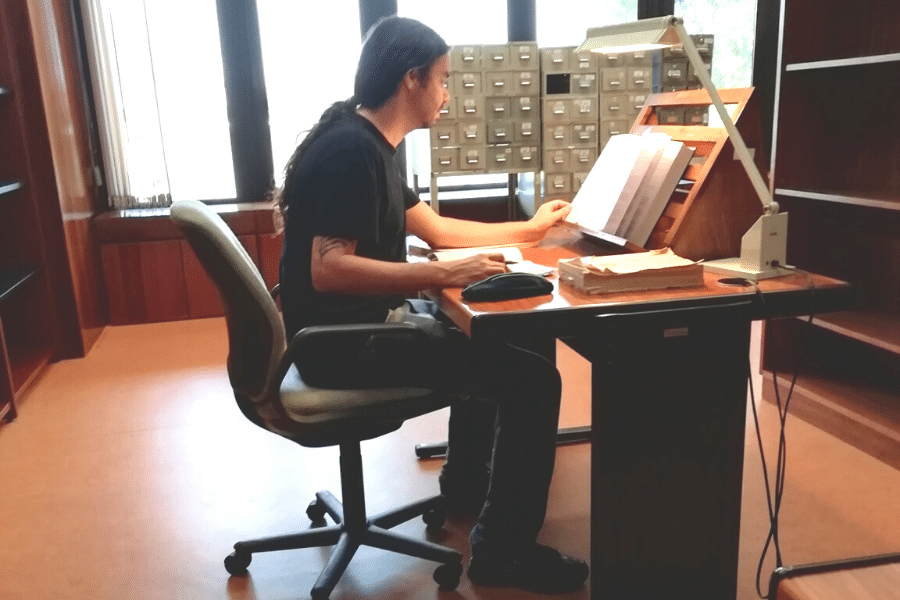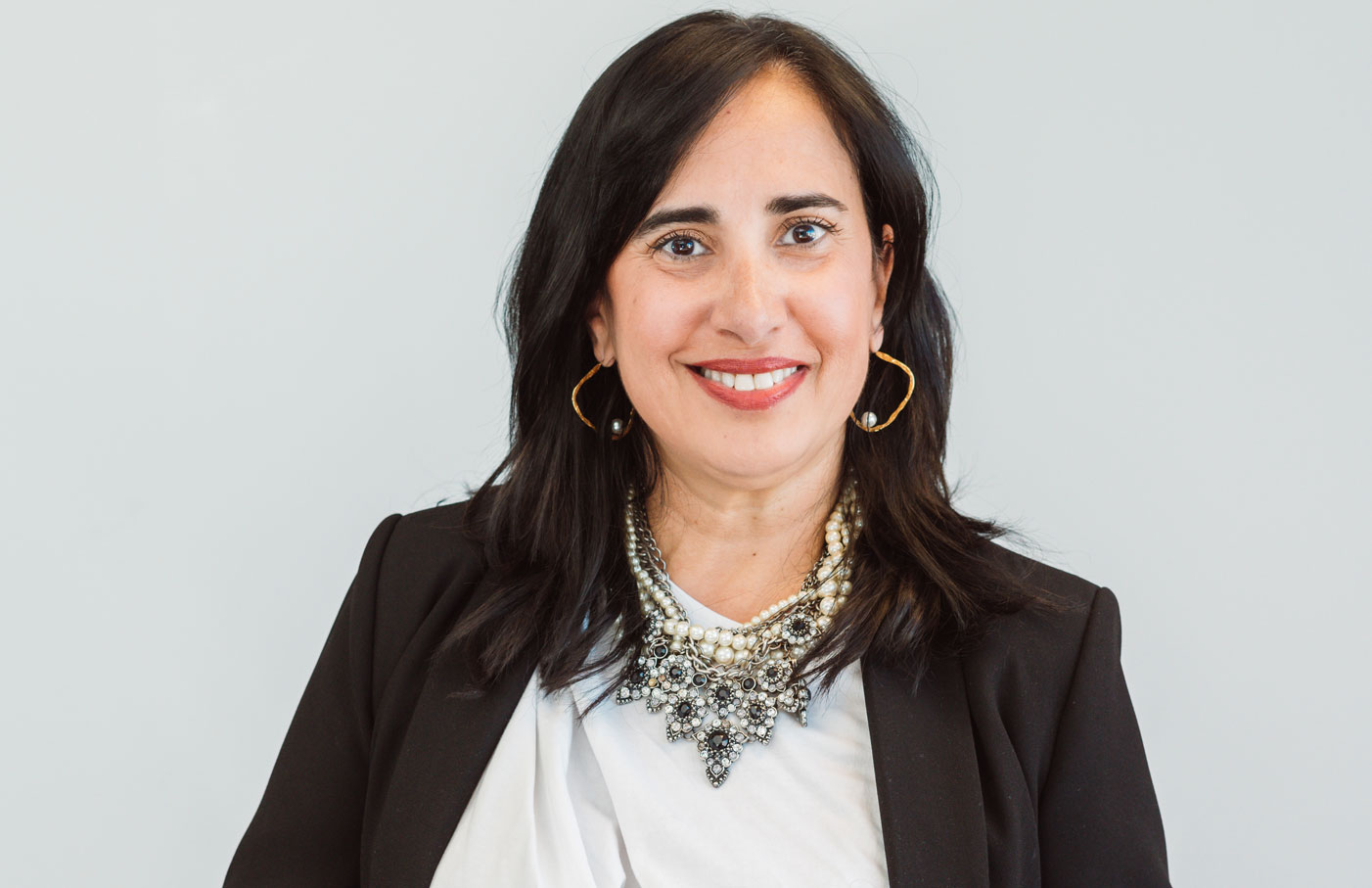The revival of genealogy and its new horizons

If many people don't even know what genealogy means, those who do know it largely imagine elderly men surrounded by dusty books and files, usually belonging to important families in some region. But several factors are contributing to the increase in interest in genealogical studies and more and more young people, with different profiles, seek to know their origins.
The ease of access to documentary collections thanks to digitalization has enabled anyone to research the origins of families without leaving home. Groups on social networks have thousands of members who daily exchange information about sources, collections and ask questions about a lesser-known family. As a result, stereotypes about genealogical studies are being broken and the process of renewing the ranks of researchers has accelerated.
HERE YOU CAN START BUILDING YOUR GENEALOGICAL TREE.
Anyone who finds Raphael Ricardo (34), with his long hair and black rock band t-shirts, hardly imagines that he is an experienced genealogist. PhD student in history at the Universidade Nova de Lisboa (UNL), the researcher works by discovering the genealogy of candidates for Portuguese nationality through the ancient Sephardic Jews. “I started contacting genealogy by studying Brazil, Colony and Empire, and knowing where the personalities who built society during these periods, their kinship relations, is important to understand socioeconomic relations,” he explains.
Fernando Alexandre Silva (50), on the other hand, sees genealogy as a hobby. His first steps in genealogy were still in 1992, when he began to research his family roots. “The Church of Jesus Christ of Latter-day Saints (of which he is a part) helped me and still helps me a lot in this research by having a huge collection of records of people who have died from all over the world”, he explains.
As in other areas of knowledge, genealogy has traditionally been dominated by men. Nowadays, however, women have stood out, becoming references in the area. This is the case of the historian and genealogist Camila Amaral (33), who as a researcher already had contact with genealogy, although it was not the focus of her work, as the one she has been developing in her PhD project also at UNL.
“There are many factors that influence women's difficulty in occupying spaces such as genealogy. Like any other field of knowledge, genealogy is a mostly male space, but we women are managing to occupy this space more and more and with excellent results ”, says Camila, who currently leads the team of genealogists at Consultoria Internacional Martins Castro, a company based in Lisbon, specializing in Sephardic genealogy.
HERE YOU CAN START BUILDING YOUR GENEALOGICAL TREE.
Until the beginning of the 21st century, when a nobleman or a great landowner was dedicated to studying his ancestors, the objective was to prove and make public his aristocratic descent. This is to justify their social condition and also guarantee certain benefits, such as the entry into prestigious religious and military orders that demanded a “pure lineage”, without undesirable ancestors. “I like to see people in search of their genealogy, as this changes the paradigm that only large families, great barons would be entitled or it would only make sense for them to improve their social status”, celebrates Raphael Ricardo. “The search goes beyond the family tree. People get involved with the municipalities and states where they live, how they got there and why. "
Camila Amaral agrees with her colleague. For the historian, even people who start researching for the right to foreign citizenship continue to seek information about their ancestors. “I hardly see people abandoning research after gaining Portuguese nationality by the Sephardim, for example. When you take the pet from the genealogy, it feeds your curiosity even more ”.
Beyond curiosity
The curiosity that initiates the search for ancestors is something natural and instinctive of the human being, according to the doctor of anthropology at the Federal University of Pernambuco (UFPE) Luciano Borges: “Within the great questions that move humanity, 'who are we?', 'Where we came from?' and 'where are we going?', to know about one's own family, about oneself, is disturbing ”. According to the professor, it is like a collective memory, a thread that unites all humanity, and each person seeks to integrate himself into this whole, as the link of a chain.
In addition, Luciano Borges points out that, more than a mere curiosity, thanks to the search for naturalization, genealogy should be seen as an economic and political issue. “Many people are revisiting their ancestry to gain access to citizenship beyond their birth. In this case, genealogy would not only be the desire to find that initial link, but to obtain economic, political, cultural benefits ”, he concludes.
Searching for identity or political practice, the fact is that genealogy goes through a renaissance, a process of transformation and modernization, and thanks to human curiosity, more and more people are getting to know their stories. Furthermore, when they find their various older family branches, they can see that we all have more in common than we could imagine.
HERE YOU CAN START BUILDING YOUR GENEALOGICAL TREE.
Text originally published in Portal Terra

"Because of a controversy, they are changing a historical reparation," says Isabel Comte.
The proposed changes to the Nationality Law in Portugal remain at the center of public debate, even after the decision […]

"The Constitutional Court gave time, it didn't change the law," says a lawyer from Martins Castro.
The recent decision by the Portuguese Constitutional Court, which blocked key parts of the government's proposal to tighten access […]

Nationality for minor children: why is the process usually simpler?
Among the various pathways provided for in the Portuguese Nationality Law, transmission to minor children is usually perceived as a […]